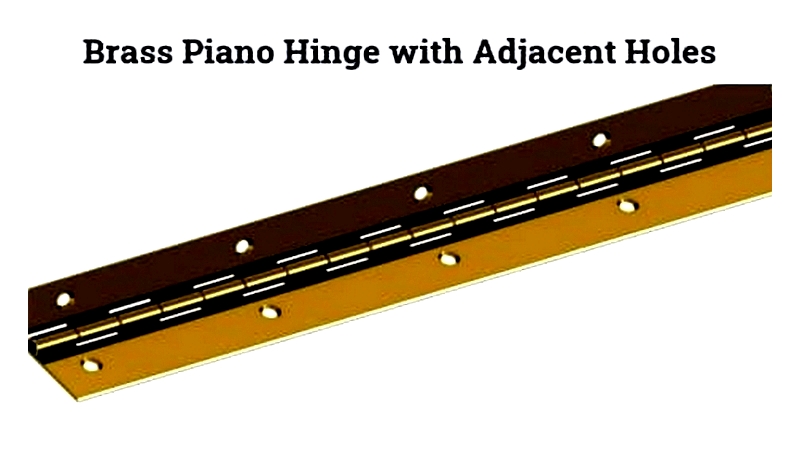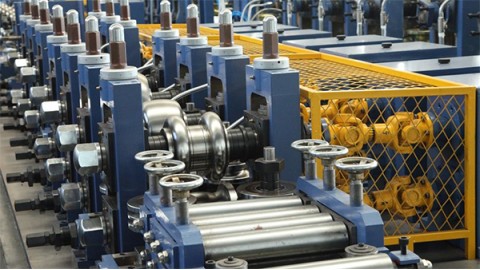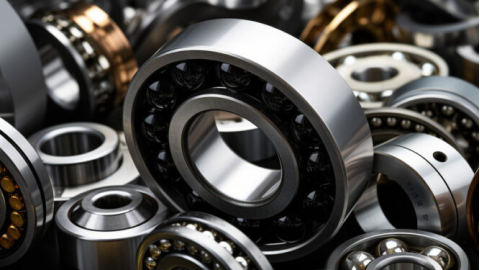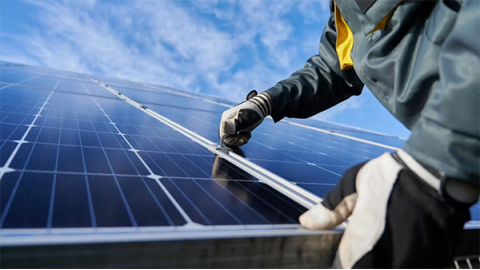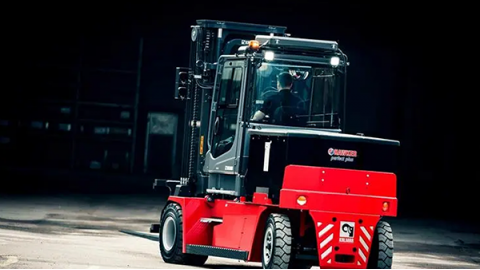Introduction
This article provides an in-depth exploration of continuous hinges.
You will learn about various topics including:
- What a Continuous Hinge is
- Applications of Continuous Hinges
- Different Types of Continuous Hinges
- Advantages of Using Continuous Hinges
- And more...
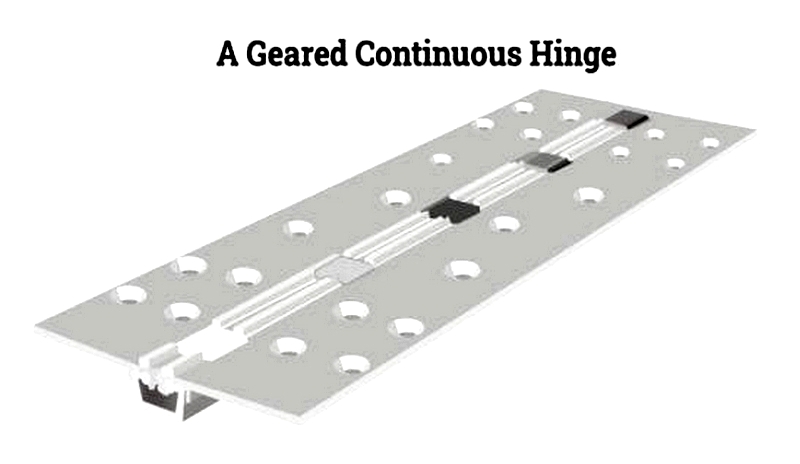
Chapter One – What is a Continuous Hinge?
A continuous hinge is a single-piece hinge that runs the entire length of doors, cabinets, lids, or enclosures. Made from materials such as nickel, brass, aluminum, steel, and stainless steel, these hinges are precisely cut to size. They often feature pre-drilled holes for simple installation, though undrilled options exist.
Originally designed to support grand piano lids, these hinges were first called "piano hinges." As their use expanded beyond pianos, the term continuous hinge became more common.
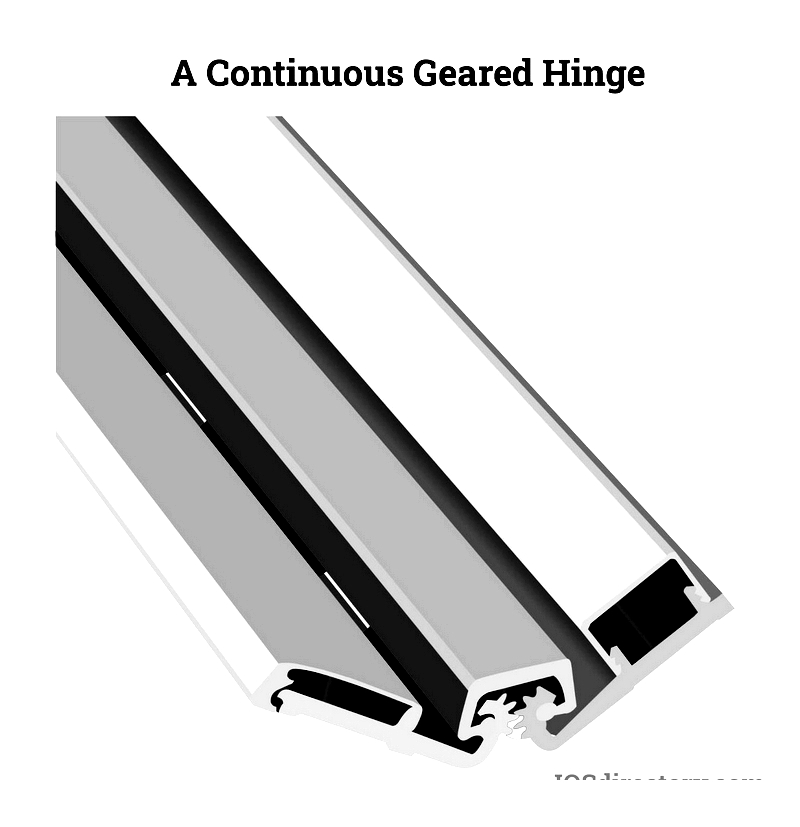
Modern continuous hinges have evolved from their piano hinge origins and are now used in diverse applications. Available in standard six and eight-foot lengths, they come in various thicknesses, pin diameters, widths, and finishes. Their sturdy construction makes them perfect for high-use situations requiring durability.
Today's continuous hinges, developed from piano hinges, serve multiple purposes and configurations. Manufactured in standard lengths with different specifications, they withstand heavy use and wear effectively.
Chapter Two – What is a piano hinge?
As pianos evolved from early instruments like the monochord to modern pianofortes, various innovations influenced their design. A major challenge was developing a support system for the protective lid covering critical components like strings and soundboards.
Early pianos had simple lids, but harpsichords required a practical opening mechanism. This need led to specialized hinges that securely held lids while allowing access to internal components without compromising sound quality.
Craftsmen designed full-length hinges that supported heavy lids without affecting the instrument's appearance or acoustics. These early piano hinges featured precise dimensions and carefully placed holes for secure attachment.
The manufacturing process improved over time, with machines forming metal leaves around continuous pins. This efficient method remains standard today, enabling mass production of various hinge types.
Modern production allows customization of hinge length, width, thickness, and hole patterns. Available in multiple finishes, these hinges serve not only pianos but also industrial, marine, and cabinet applications where strength and smooth operation are essential.
Key specifications when choosing piano hinges include length, width, pin diameter, and material properties. Proper selection ensures reliable performance in demanding applications. For specialized needs, consulting manufacturers is recommended.
